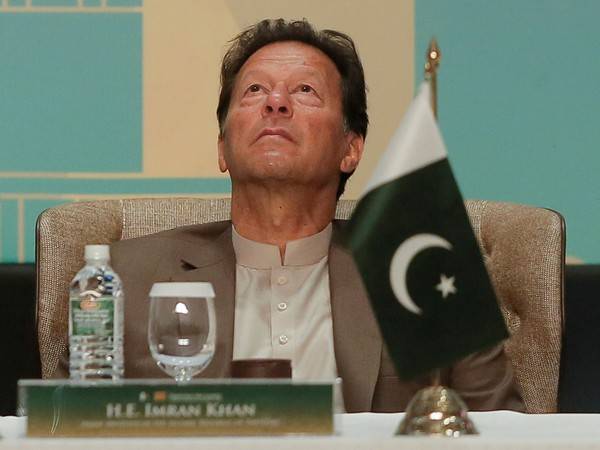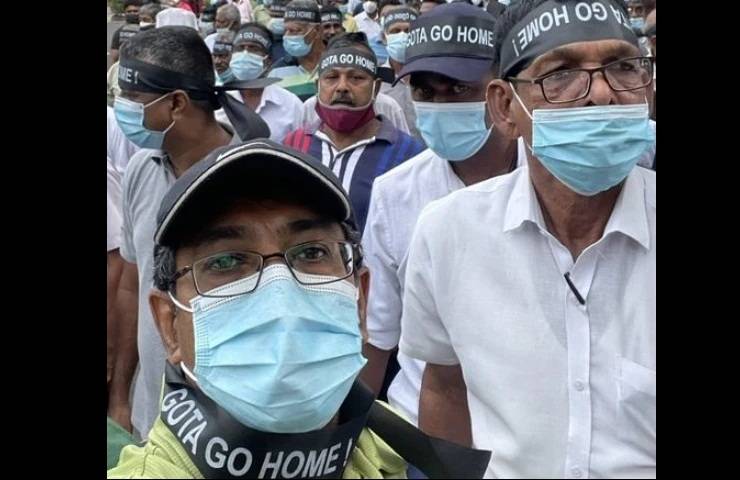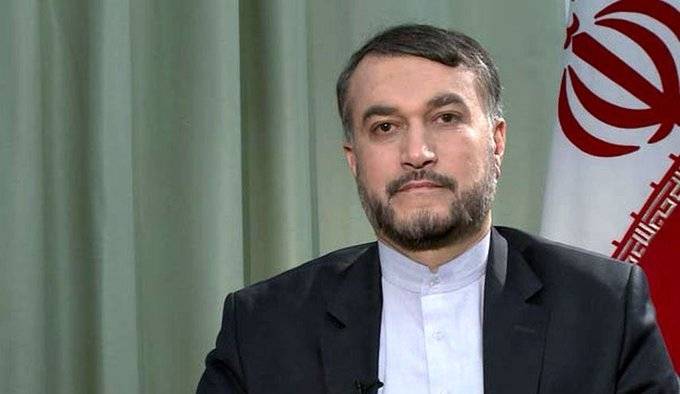Then, under Imran Khan’s rule, Pakistan distanced itself from the US. The Pakistan PM is yet to receive a phone call from the US’s new President, Joe Biden. At the same time, the country seems to be getting closer to China and Russia; Khan recently visited both the countries. This is not a stance that the Pakistani military condones. Clearly, Khan’s political career is in a soup … writes Dr Sakariya Kareem
Pakistani Prime Minister Imran Khan is one more in the long list of the country’s leaders who were ousted before they could finish their tenure. First, he lost his majority in the National Assembly after Muttahidda Qaumi Movement-Pakistan (MQM-P), a key ally, walked out of the coalition, accusing the government of economic mismanagement. The opposition tabled a no-confidence vote in the parliament, seeking his ouster.
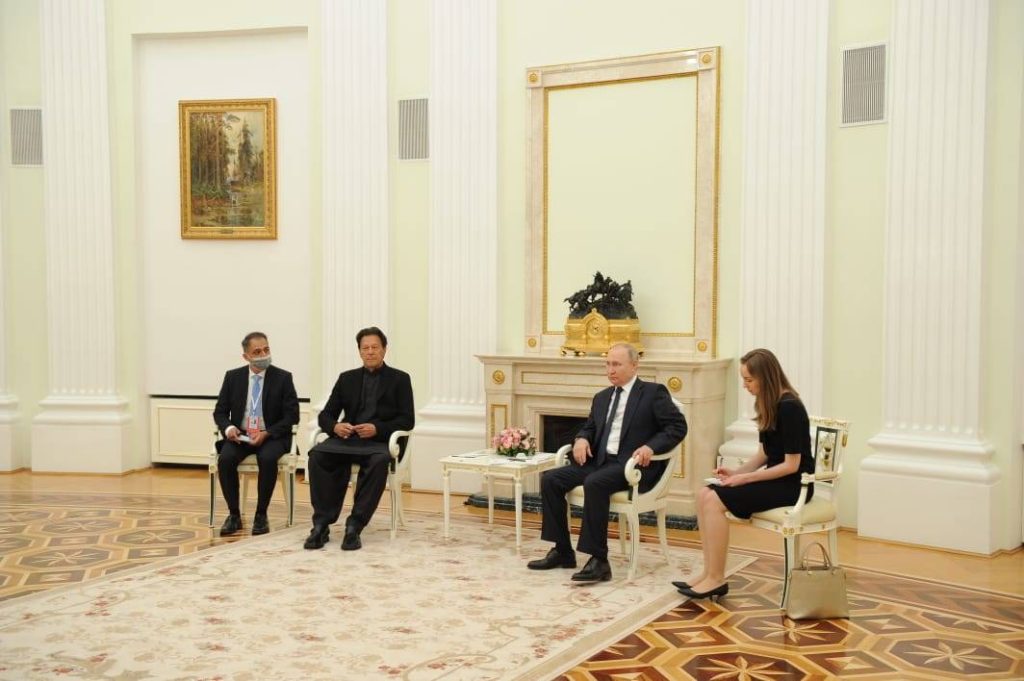
On March 8, nearly 100 members of the Pakistan Muslim League-Nawaz (PML-N) and Pakistan People’s Party (PPP) submitted a no-confidence motion before the National Assembly Secretariat. They have alleged that Khan’s party Pakistan Tehreek-e-Insaaf (PTI) is responsible for the grave economic crisis that the country presently finds itself in. Khan, a world-famous cricketer, started his political career in 1996 with the launch of his party PTI, which aimed to challenge the dominance of PML-N and PPP. Though Khan became a Member of Parliament in 2002, his party tasted success only in 2013, when it emerged as the second largest in Pakistan.
Painting a vision of a “new Pakistan”, the populist leader came back with a bang in 2018, with unprecedented wins in all five constituencies of the country. The former cricket captain branded himself as a religious, anti-poverty reformer, who wished to create an Islamic welfare state and reform the country’s tax system and bureaucracy. He even vowed to never take help from the International Monetary Fund (IMF) again. Upset with the past political order, voters saw Khan as a harbinger of change and even the military favoured him. But none of his promises came to fruition. Pakistan was hit by a wave of inflation as the rupee plummeted and the country’s debt soared. The Covid-19 onslaught didn’t help the matters. In the end, Khan had to negotiate a $6bn rescue plan with the IMF to shore up the country’s foreign currency reserves.
Then there were other problems. Khan was accused of keeping his opponents in jail on corruption charges in the name of cleaning up “dynastic politics”. Also, while publicly upholding liberalism, he had been appealing to Islamic values and anti-West sentiment. Under his rule, Islamist militancy in Pakistan also shot up. Khan even expressed sympathy for the militant Taliban, a move that earned him the nickname “Taliban Khan” by his opponents. Then in 2020, he called Osama Bin Laden a martyr, attracting condemnation from many quarters. He also strengthened ties with the communist China, though traditionally Pakistan has been an ally of the West. The country recently abstained in the UN vote on Russia’s invasion of Ukraine, earning more ire from the West. Its relations with rival India have also not improved under the Khan-led regime.
Khan’s antagonistic brand of politics and his unwillingness to build political consensus, especially in Pakistan’s largest province Punjab, has not helped the matters. It seems the Punjab Chief Minister is unpopular among his own party members. Opposition, of course, wants Khan out. Three political parties and the opposition formed an alliance in 2020 and have been trying for this end since then.
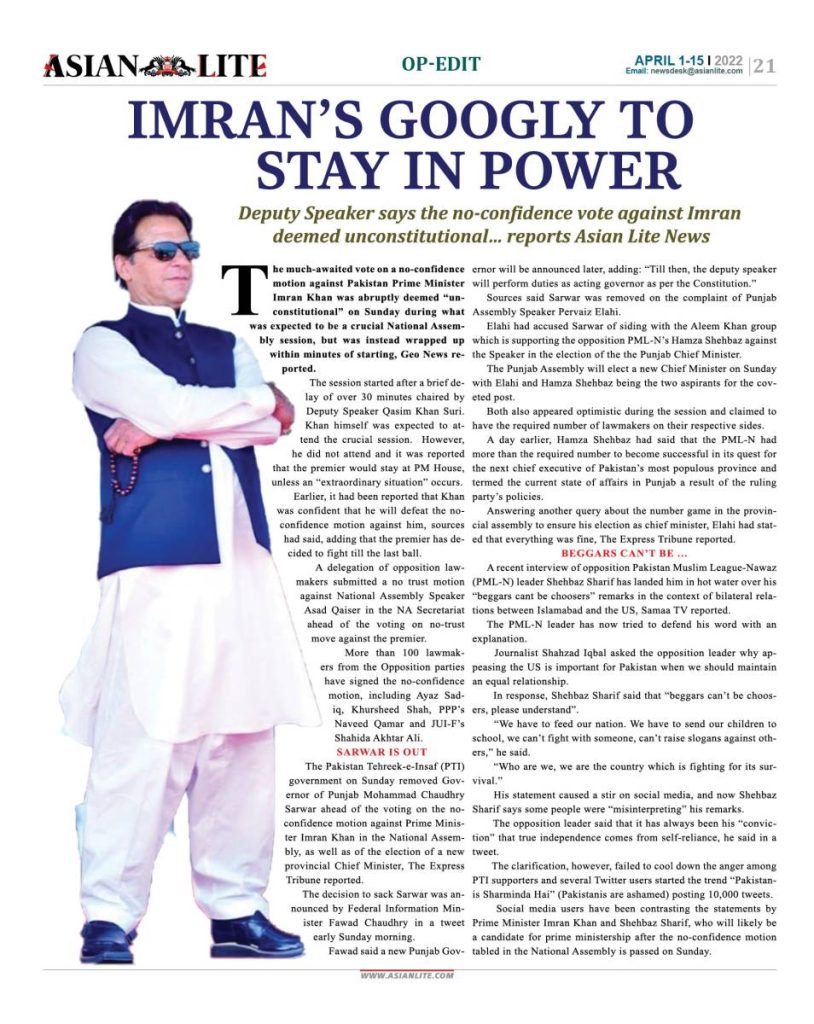
But as per political observers, Khan’s major issue is that he has fallen out of favour with the influential military generals. Many other political figures in Pakistan in the past have faced a similar situation. In fact, no Pakistan Prime Minister has ever completed the full five-year term. Though the Pakistan military says that it is neutral with regards to this issue, the fact of the matter is that Khan’s relationship with the military has cooled. He made the situation worse for himself by making a shocking comment at the military. “Humans are not neutral, they take the side of good or evil; only animals are neutral,” he said during a speech. Another point of contention between Khan and the military is the recent appointment of the new ISI chief. Khan reportedly dragged his feet over the candidate chosen by the army, which miffed the military. The outgoing ISI chief, a Khan loyalist, had helped him secure the 2018 election.
Then, under Khan’s rule, Pakistan distanced itself from the US. The Pakistan PM is yet to receive a phone call from the US’s new President, Joe Biden. At the same time, the country seems to be getting closer to China and Russia; Khan recently visited both the countries. This is not a stance that the Pakistani military condones. Clearly, Khan’s political career is in a soup. He is so desperate to save his position that he even praised the Indian government for its independent foreign policy and the Indian Army for not being corrupt. Further, he claimed that the no-confidence motion against him was an international conspiracy and that he has a “secret letter” to prove it. The situation turned embarrassing for him later when the Islamabad High Court barred him from making this letter public.
Desperate times call for desperate measures and Khan was running from pillar to post to win back his allies. On March 10, he went to Karachi to meet spiritual leader Pir Pagara. The current Pir, Syed Sibghatullah Shah Rashdi, is a powerful political entity, with close links to the Pakistan military. At least 50,000 of his over 900,000 devotees serve in positions reserved for them in the Pakistani Army and provincial police.
The Pir, a member of the Pakistan National Assembly, also heads the family’s political party, Pakistan Muslim League-Functional, which got 1 million votes in the 2018 elections and now his party is a coalition partner in the government. As per an insider, “Pir is totally a GHQ (Pakistan Army headquarters) man like many other rich politicians in Imran Khan’s party. He will do what the military establishment will ask him to do. It is true that he has not been happy with Imran Khan for the last few months.”
Khan’s last ditch effort, however, was in vain as the spiritual leader refused to meet him, citing ill health. Meanwhile, other allies in Sindh, such as Muttahida Qaumi Movement-Pakistan, are also not happy with him.
President of the opposition party PML-N, Shehbaz Sharif, has even alleged that Khan resorted to “witchcraft” and was burning tons of chickens at his residence to save his government. At the same time, as per sources, the opposition parties are taking advantage of the “internal rifts” in the ruling party and luring its members away from Khan by promising them popular party tickets in the next elections. Just days ago, two more lawmakers quit the ruling alliance, bringing the strength of the opposition to 170. Meanwhile, Khan even told his party members to either abstain or not attend the National Assembly session on the day of voting. He has also moved the court to seek bans against defectors to discourage potential dissidents. In spite of all his efforts, he could not face no confidence motion and has recommended for dissolution to pave the way for fresh general election.
READ MORE: Neighbourhood woes
READ MORE: Imran’s Googly To Stay In Power


